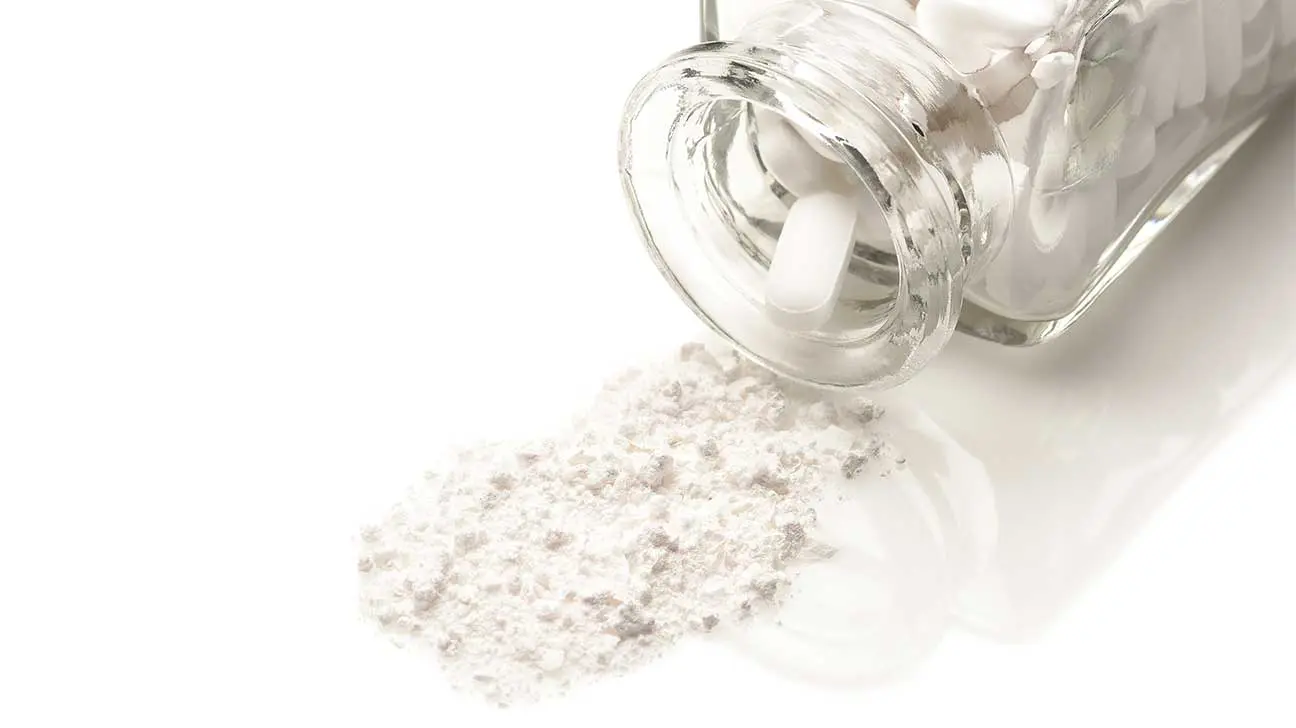
Ambien (zolpidem) is a prescription sleeping pill that is commonly abused recreationally by crushing and snorting. A sedative-hypnotic drug, Ambien comes in both short-acting and long-acting Ambien CR, which is a potent extended-release tablet and very dangerous if snorted.
Typically, Ambien is taken orally in pill form to bring on drowsiness to facilitate sleep. But even when taken as prescribed, Ambien can produce dangerous side effects.
Effects Of Snorting Ambien
Ambien depresses the central nervous system by inhibiting gamma-aminobutyric acid (GABA) neurotransmitters, which is a similar mechanism to how benzodiazepines and opioids work (but with different side effects).
When snorted, Ambien may produce feelings of euphoria. Snorting the drug makes the euphoric feelings last longer and be more intense. Many people will snort Ambien to increase pleasure during sex.
These intense feelings of euphoria are vastly offset by the negative short-term and long-term effects of habit-forming Ambien abuse.
Negative Side Effects Of Snorting Ambien
When taken as prescribed, it is still not recommended to use Ambien as a sleep aid for more than two consecutive weeks, since the quality of sleep may be affected.
Ambien may cause people to feel drunk and “blackout.” Many people have reported participating in activities or engaging in conversations unknowingly while on Ambien — both when used as directed and when abused. Overall, Ambien stays in the system for women longer than it does for men.
Side effects of Ambien may include:
- dizziness
- dry mouth
- joint and muscle pain
- nausea and stomach pain
- sweating
- constipation
- diarrhea
- burning tongue
- extreme fatigue
- staggered walking
- headache
- strange dreams
- hallucinations
- heartburn
- localized uncontrollable shaking
- ringing in the ears
When a person snorts Ambien, there can be additional negative physical effects because of nasal drug use.
Snorting Ambien can cause:
- damaged voice
- frequent bloody nose
- runny nose
- halitosis
- septum and sinus damage
- damage to the mucous membrane
- irritation of the nasal cavity
- saddle nose (flattened nose)
Sleep-Related Side Effects
As mentioned, blackouts are a regular occurrence when Ambien is taken according to medical advice. When abused, the complexity of sleep behavior can vary in part because higher doses are typically snorted for pleasurable effects.
Sleep-related issues associated with Ambien use include:
- sleep-driving
- sleep sex
- sleep phone calls
- sleep cooking
As you can imagine, these behaviors can cause disastrous, regrettable results. Kitchen fires, unwanted pregnancies, STD’s, and car accidents have been reported from cases of Ambien use and abuse.
Long-Term Effects
Over the long-term, Ambien can cause severe behavioral changes, like suicidal thoughts and depression, as well as hallucinations.
Other effects include:
- agitation
- aggression
- anxiety
- headaches
- dizziness
- confusion
- psychosis
- delirium
- gastrointestinal problems
- seizures
- memory lapses and amnesia
- nightmares
- slowed or shallow breathing
- respiratory infection
- slurred speech
- liver damage
- stroke
- suicide
- violence
Signs Of Ambien Abuse
A person who snorts Ambien or takes Ambien in high doses may present with behavioral changes.
Some signs of Ambien substance abuse includes mental health indicators like:
- erratic behavior
- strange actions or expressions
- highly agitated behavior
- depression
People that snort Ambien may also leave drug paraphernalia around, like snorting implements (straws, etc).
Signs Of Ambien Overdose
Taking large quantities of depressants like Ambien is toxic to the system and may cause a deadly overdose. Ambien overdose is very commonly seen from polydrug use — when Ambien is used in conjunction with other prescription medications like opioids or benzodiazepines.
An overdose may include the following signs:
- seizure
- slowed heart rate
- drowsiness
- sudden collapse
- trouble breathing
- coma
Treatment For Ambien Addiction And Abuse
While Ambien was developed to mimic the effects of benzodiazepines without the addictive qualities, Ambien is still addictive. Dependence on a calm or high feeling may easily develop and interfere with your daily life.
If you feel that you or a loved one is struggling with substance use and addiction, treatment options are available. Talk to one of our treatment specialists to learn about treatment programs that can help you live without drugs.
Inpatient and outpatient treatment can provide a safe, stable environment for behavioral understanding and adjustment. We have various facilities to suit your needs and life circumstances.
Ambien abuse, especially by snorting, is dangerous for your health and can interfere with your mental acuity and ability to interact with your loved ones. We encourage you to seek help — get started now.
Addiction Resource aims to provide only the most current, accurate information in regards to addiction and addiction treatment, which means we only reference the most credible sources available.
These include peer-reviewed journals, government entities and academic institutions, and leaders in addiction healthcare and advocacy. Learn more about how we safeguard our content by viewing our editorial policy.
- Medscape — Zolpidem
https://reference.medscape.com/drug/ambien-cr-zolpidem-342931 - U.S. Food and Drug Administration (FDA) — Ambien Label
https://www.accessdata.fda.gov/drugsatfda_docs/label/2016/019908s037lbl.pdf


